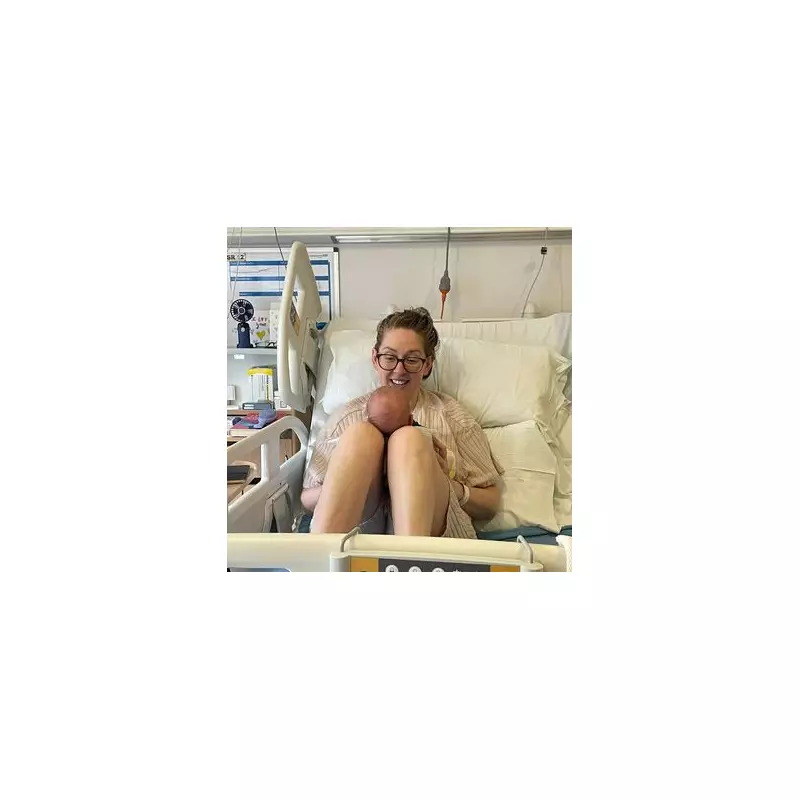
When first-time mother Bethany Land noticed a strange tingling sensation in her toes, she dismissed it as normal postpartum discomfort. But what began as minor numbness quickly escalated into a medical emergency that could have cost the 28-year-old her life.
The Warning Signs Every New Mother Should Know
Just weeks after giving birth to her daughter, Bethany experienced symptoms many might overlook: tingling in her extremities, swelling in her legs, and an unusual warmth in her skin. "I put it down to just being a new mum and everything my body had been through," she recalled. "I never imagined it could be something life-threatening."
From Tingling To Terror: The Diagnosis That Changed Everything
After visiting her GP with concerns about persistent symptoms, Bethany was immediately referred to hospital where ultrasound scans revealed the shocking truth: multiple blood clots had formed in her legs, a condition known as deep vein thrombosis (DVT).
"The doctors told me I was lucky to be alive," Bethany shared. "If one of those clots had travelled to my lungs, it could have been fatal within moments."
Understanding Postpartum Blood Clot Risks
Medical experts explain that pregnancy and childbirth significantly increase a woman's risk of developing blood clots. Key risk factors include:
- Recent childbirth or Caesarean section
- Reduced mobility during recovery
- Hormonal changes affecting blood consistency
- Genetic predisposition to clotting
- Dehydration during postpartum period
NHS Issues Crucial Health Warning
The NHS emphasises that new mothers should seek immediate medical attention if they experience any of these warning signs:
- Swelling in one leg or arm
- Pain or tenderness not related to injury
- Skin that feels warm to the touch
- Red or discoloured skin
- Veins that look larger than normal
Bethany's story serves as a powerful reminder that what might seem like minor discomfort could signal a serious underlying condition. "Don't dismiss any unusual symptoms," she urges other new mothers. "It's better to get checked and be safe than to risk your life."
After months of treatment with blood-thinning medication, Bethany has made a full recovery and can now focus on enjoying motherhood with her healthy daughter.





